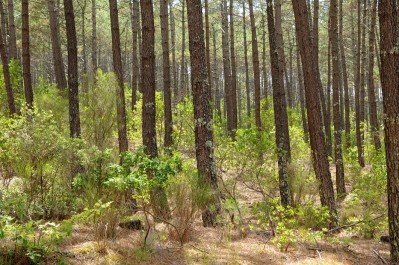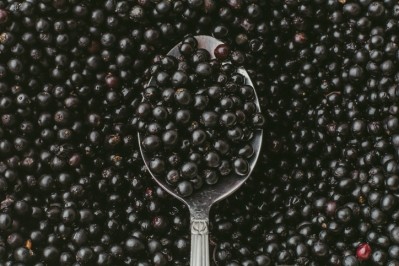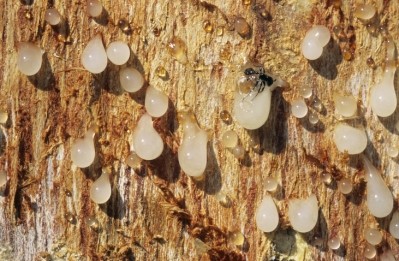Pine bark extracts may offer post-exercise protection: Study

Data published in the Journal of Dietary Supplements indicated that 200 mg pine bark extract for two weeks before a exercise trial led to lower levels of malonaldehyde (MDA) 48 hours post-exercise, compared to placebo.
“Prolonged physical activity also produces an excess amount of reactive oxidative species, beyond the ability of the body’s ability to cope under normal physiological circumstances,” wrote researchers from the University of Louisiana at Lafayette. “Additional oral antioxidant supplementation, especially vitamins C and E, may be a suitable, noninvasive means of reducing oxidative stress, but excess exogenous antioxidants may have detrimental effects on health and performance.
“An adequate intake of vitamins and minerals through a varied diet remains an optimal approach. However, food availability, intolerance to certain types of foods, and extreme training regimens where athletes are exposed to high oxidative stress make exogenous supplementation with maritime pine extract and other antioxidants necessary.”
A raft of health benefits
Scientific research for Pycnogenol began in the mid-1960s. The ingredient is a combination of procyanidins, bioflavonoids and organic acids extracted from the bark of the maritime pine. It is included in hundreds of dietary supplements, cosmetic products and functional foods and beverages worldwide.
The ingredient has been the subject of scores of clinical studies suggesting benefits covering everything from cardiovascular, joint, cognitive and eye health to sports nutrition, relief of hay fever, PMS, tinnitus, hemorrhoidal pain and menopause symptoms.
Horphag Research – the company behind Pycnogenol – received the American Botanical Council’s Varro E. Tyler Commercial Investment in Phytomedicinal Research Award at the 8th Annual American Botanical Celebration in 2013.
Commenting on the new study, Carolina Burki, Director of Product Development at Horphag Research, told us: “This study reaffirms the super-antioxidant benefits that Pycnogenol provides.”
“High levels of oxidative stress are commonly linked to post-exercise muscle cramping. This study shows that 200 mg of Pycnogenol daily can have measurable benefits for controlling and normalizing oxidative stress, which plays a critical role for muscle recovery.”
“This study speaks to healthy and active individuals who might be looking for natural ways to augment their exercise routine and supplementing with Pycnogenol may have a positive impact on their fitness performance and recovery.”
Study details
Victor Ferrari, CEO Horphag Research: “More than 40 years’ worth of clinical research shows the powerful antioxidant properties of Pycnogenol. This new study supports the science behind these benefits and reinforces its powerful effects on oxidative stress.”
The new study, which was funded by Horphag Research, adds to that body of literature. The Lafayette-based scientists recruited 20 healthy young men to participate in their double-blind, placebo-controlled, cross-over. The men were randomly assigned to consume supplements of Pynogenol (200 mg per day) or placebo for 14 days prior and for two days after an exercise test. A seven day ‘washout’ period followed this and then the men crossed over to the other group.
Results showed that MDA levels decreased significantly in the Pycnogenol group, compared to placebo. The placebo group displayed significant increases in MDA from pre-exercise to 48 hours post-exercise.
However, no significant changes were observed for markers of inflammation or muscle damage (creatine kinase).
“The primary finding of the present investigation was that maritime pine extract as compared to placebo was effective at affording protection from oxidative stress post-exercise,” wrote the researchers.
“It is suggested that further work be undertaken to evaluate these findings with other exercise modes known to greatly increase lipid peroxidation (marathon, triathlon, road races >10k); it could also be suggested that clinical evidence be garnered from a study of individuals with metabolic syndrome, as that is known to greatly enhance oxidative stress,” they concluded.
Source: Journal of Dietary Supplements
Published online ahead of print, doi: 10.1080/19390211.2019.1578847
“Effects of Maritime Pine Extract on Exercise Performance and Postexercise Inflammation, Oxidative Stress, Muscle Soreness, and Damage”
Authors: R.L. Aldret

















